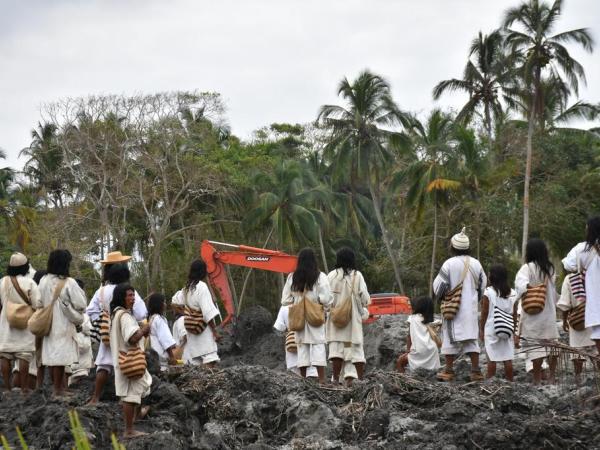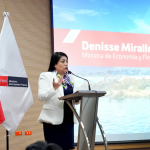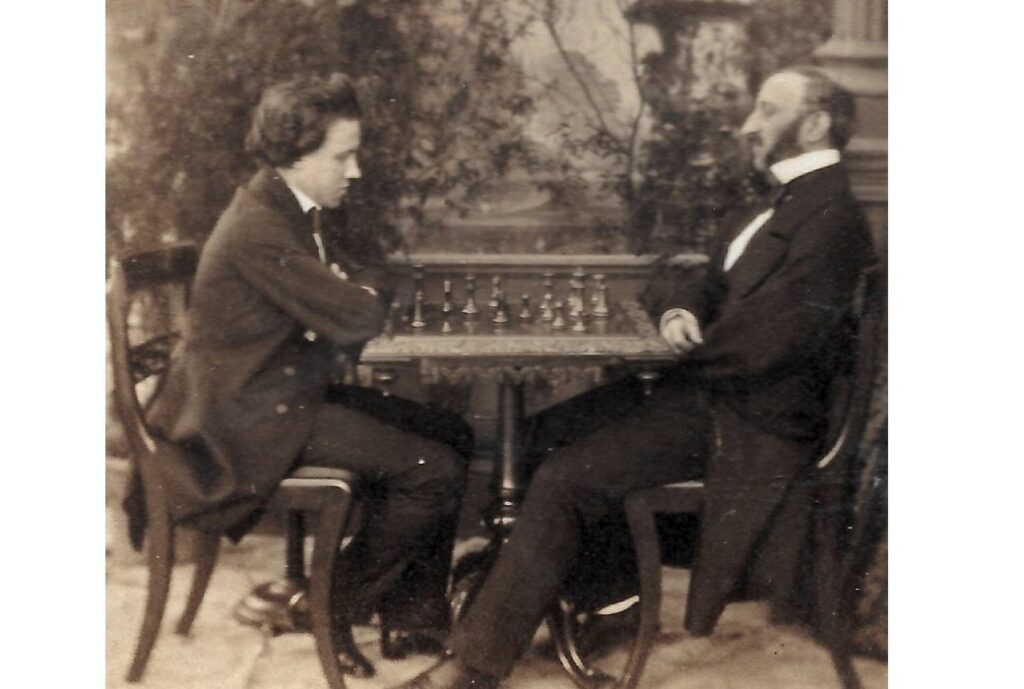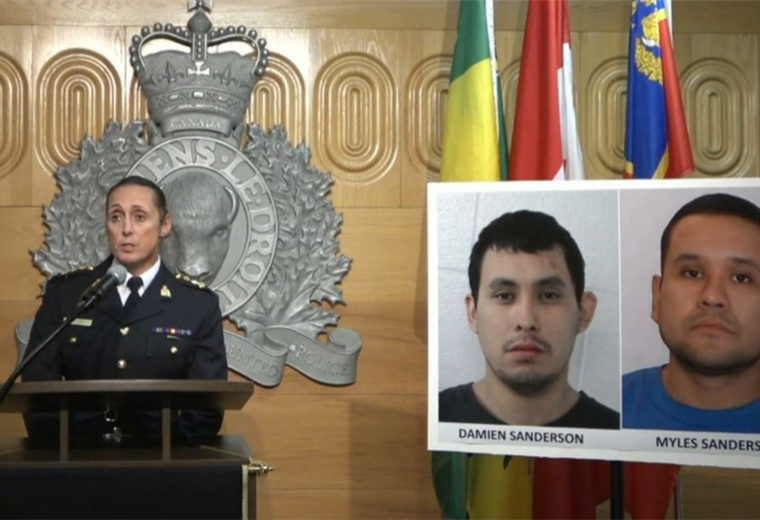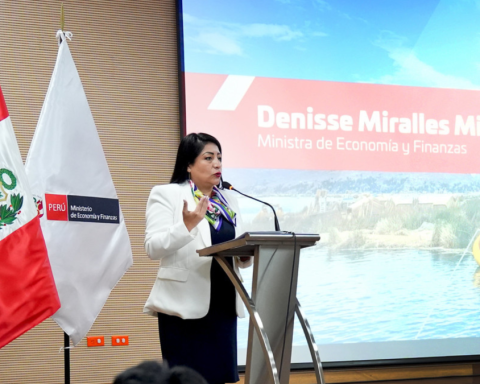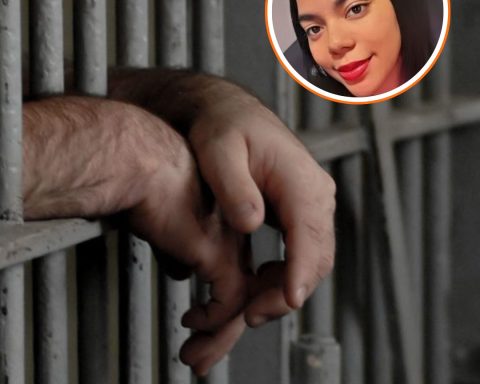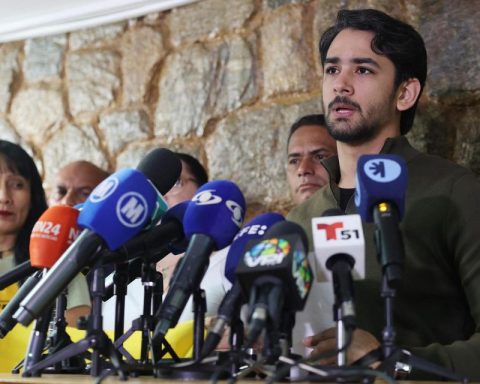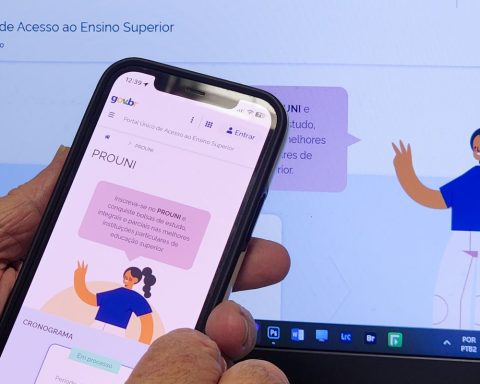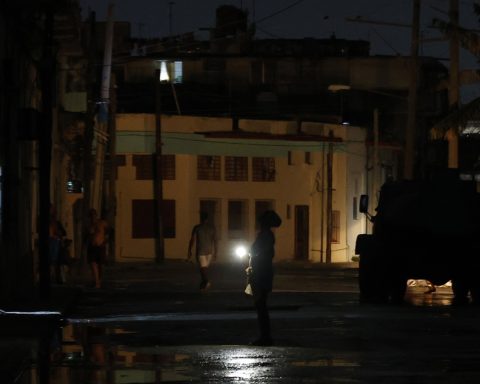Since July, a Legislative Act project has been in the House of Representatives that seeks for peasants to be taken into account as “special subjects of protection”. With this, these communities must be recognized for the prior consultation process.
(The Nation cuts the times for prior consultations in half).
It should be remembered that this procedure currently applies to ethnic groups that are close to projects that may “directly affect the ways and systems of life of indigenous peoples or their ethnic, cultural, spiritual, social and economic integrity”.
The impact of this measure would cover, among others, energy and mining projects, which should apply to more communities and in more cases this process. Currently, this is done before delivering the Environmental Impact Study, required to obtain the environmental license delivered by the National Environmental Licensing Agency (Anla).
The bill, filed by 19 members of the Green Party Congress caucus, considers within its arguments that there is “a significant gap in terms of safeguarding, recognizing and promoting the protection of the rights of peasants.”
Ricardo Gaviria, president of the Cerro Matoso ferronickel mining company, affirmed that one of the great successes of a mining project is that there is direct communication with all the communities involved. “We have been operating uninterrupted for nine years and we have not had any problems with peasant, indigenous or Afro-descendant communities.” Sarah Armstrong-Montoya, CEO of Cordoba Minerals, agrees on this point, stating that the inclusion of the communities, all those close to the project and not just the ethnic ones, is essential for the project to go ahead.
(Clarity in previous consultations ask Acolgen and ACP to the new government).
“Obviously we have the prior consultation process for the indigenous communities, but apart from that, we have a social obligation to work with the communities,” the leader stated.
He highlighted that currently, for the development of his project there is a team of 19 people whose mission is to work with the communities to support them. In fact, Santiago Varela, manager of the same company, stressed that this is a social license that is required for the advancement of any project.
According to information from Anla, during the four-year period 2018 – 2022, 644 prior consultation procedures were carried out with their participation and more than 49,500 people were recognized as third-party interveners.
If this process is carried out with peasant communities, this figure could grow exponentially. Sierra points out that since they have always been included in decision-making, it is possible that this will be replicated. “We have always included them with the same methodology, simply without state participation.”
For his part, Armstrong-Montoya assured that with the requirements that already exist in the EIA to protect communities“this is already a form of consultation with the peasant communities”.
Another of the sectors affected is electricity, which also requires these permits to carry out its works. Federico Echavarría, president of AES, pointed out that the experiences that have occurred in other processes of this type, for example in La Guajira, should be taken into account. “It must also be ensured that the balance of making the energy transition is met, supporting the development of communities.” For this, the expert suggested a conversation between all the actors involved so that agreements can be reached that allow the benefit of all and comply with the transition.
(The proposals that Petro made to the Colombian mining sector).
Varela pointed out that although this is something that is already done de facto, it would be complex to turn it into an additional bureaucratic process, which makes the development of projects complex. Gaviria affirmed that if there are agreements for development, it is possible that the consultations will not be so complex to carry out.
Licenses are under exploration
During the National Mining Congress, held in Cartagena, the Minister of the Environment, Susana Muhamad, said that there would be a possibility that environmental licenses would be required for the development of mining exploration, which up to now does not exist. The environmental license, granted by Anla, is delivered before the mineral exploitation process, when it has already been verified that the mineral exists. According to Sarah Armstrong, only 1% of explorations end in successful discoveries, therefore, an environmental license would be a risky investment.
Daniela Morales Soler
